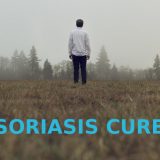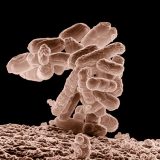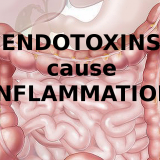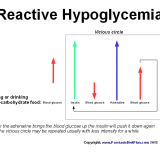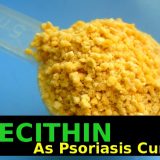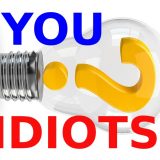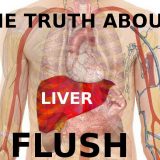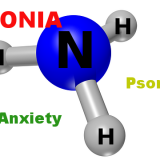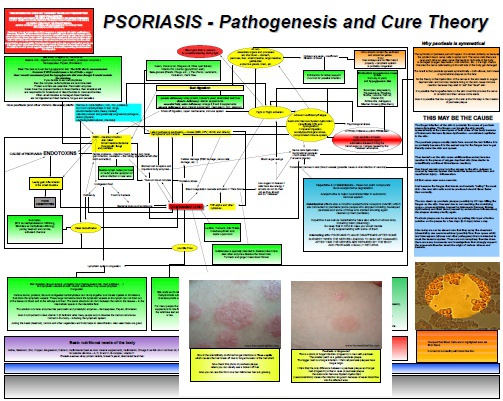Psoriasis and Overeating – Binge Eating Is a Dopaminergic Problem
There is a difference between obesity and being overweight due to overeating. I think about the obesity quite differently. In my opinion obesity is caused by different metabolic problems which make the body store excessive amounts of fat and water weight. Sure we can not gain more fat than we eat calories but the problem is that in obesity the body may have the problems with utilization of energy from food so it is quickly stored as fat. If you…



